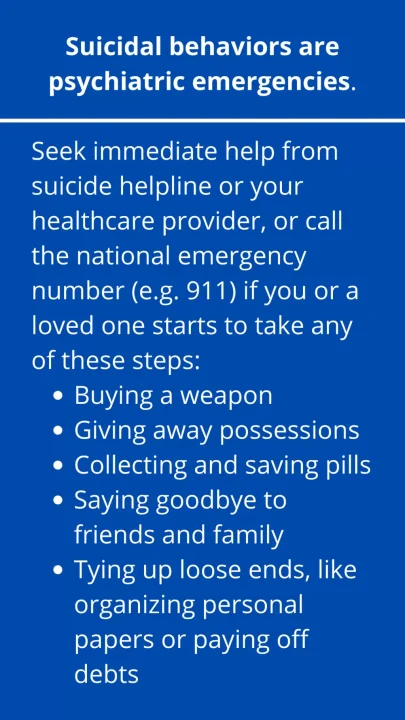Today's Sunday • 14 mins read
— By Dr. Sandip Roy.
September is World Suicide Prevention Month.
September 10 is World Suicide Prevention Day.
Any death by self-harm is a tragic event. We cannot, and must not, ignore it.
Suicide is not just a tragedy for an individual or family; it is a public health issue.
More than 720,000 people die due to self-harm every year. Suicide is the third leading cause of death among 15-29-year-olds. Seventy-three percent of global self-harms occur in low- and middle-income countries. For every self-harm, there are many more people who attempt self-harm. A prior self-harm attempt is an important risk factor for self-harm in the general population. — WHO, 2025
Suicide ranked 11th leading cause of death in 2022 with 49,513 deaths (CDC, 2022).
Warning Signs For Suicide Attempts
Warning signs can help prevent self-harm attempts and death. Watch out for your friends, families, and colleagues, and offer them your support when you think they might need it.
Suicide is not an individual’s silent act — it is a device for discovering if anybody cares. — Sacks 1992.
People who say they feel suicidal often do not seriously wish to end their lives. Instead, their words and suicidal attempts are ways to reach out for support or help (‘crying for help’).
More than 80% of suicidal people report warning signs of hopelessness, anxiousness, and unbearable pain (Tsai & Klonsky, 2023).
Suicide Warning Signs For Adults: Suicidal behaviors are psychiatric emergencies. Spot these warning signs:
- Buying a weapon.
- Giving away possessions.
- Collecting and saving pills.
- Sleeping too little or too much.
- Withdrawing or feeling isolated.
- Displaying extreme mood swings.
- Saying goodbye to friends and family.
- Increasing the use of alcohol or drugs.
- Talking about being a burden to others.
- Talking about or making plans for self-harm.
- Acting anxious or agitated; behaving recklessly.
- Showing rage or talking about seeking revenge.
- Talking about feeling trapped or in unbearable pain.
- Talking about feeling hopeless or having no reason to live.
- Tying up loose ends, like organizing personal papers or paying off debts.
Let us work together to save those precious lives that are in danger.
Suicidal Ideation
Suicidal ideation is having passing thoughts, frequent fantasies, or strong urges about self-harm. It may be an early stage in the suicidal process.
Many experts, including Sveticic & Leo (2012), suggest suicidality is a continuum:
Suicidal ideation (“death wishes”) ↠ concrete planning ↠ self-harm attempts ↠ self-harm.
Worldwide, 20% of adolescents aged 6–21 years report having self-harm ideas (Van Meter, 2022). This is a serious issue, as Reinherz & Tanner (2006) found that those with suicidal ideation at age 15 were nearly 12 times more likely to have attempted self-harm by age 30.
Kessler & Borges (1999) reported 34% of suicidal ideators progress to developing a self-harm plan, and 26% from ideation to an unplanned self-harm attempt.
The ideation stage is the most promising stage for self-harm prevention.
It’s okay to talk about self-harm. Asking about self-harm does not provoke it (Dazzi, Gribble, Wessely, & Fear, 2014; Law et al., 2015). By contrast, studies show that acknowledging and talking about self-harm may, in fact, reduce rather than increase suicidal ideation (Dazzi et al., 2014). People with suicidal thoughts often feel relief and understood when someone asks if they are having those thoughts.
What To Do If You Are Having Suicidal Ideas?
- If you are having thoughts of intentional self-harm, immediately talk to someone about it.
- If you can’t find anyone to talk to, go to your nearest doctor and share your thoughts.
- Call your national self-harm helpline.
Safety Plan
Use this plan during suicidal crises and review it with a clinician or trusted supporter.
- Warning signs: thoughts, feelings, situations, or behaviors that signal risk for a crisis.
- Internal coping: actions to self-soothe without contacting others, such as paced breathing, grounding, brief movement, or distraction activities.
- Social settings for distraction: places or people that create a safe, distracting environment without discussing the crisis.
- Supportive contacts: people to call who can help during a crisis, with names and phone numbers.
- Professionals and helplines: clinician names, clinic hours, emergency services, and crisis lines.
- Means safety: steps to reduce access to medications, pesticides, toxic agents, ropes, and weapons, including secure storage, temporary removal, or supervised access.
Keep one copy on the phone and one printed at home, and share with one trusted person.
Crisis Contacts
- Emergency services: local emergency number
- India: AASRA 022-27546669 or 9820466726
- U.S.: 988 (Suicide & Crisis Lifeline) and 1-800-273-8255
- U.K.: Samaritans 116 123
Where to keep it: Save a copy on the phone as a lock screen note, carry a wallet card, and share one copy with a trusted person.
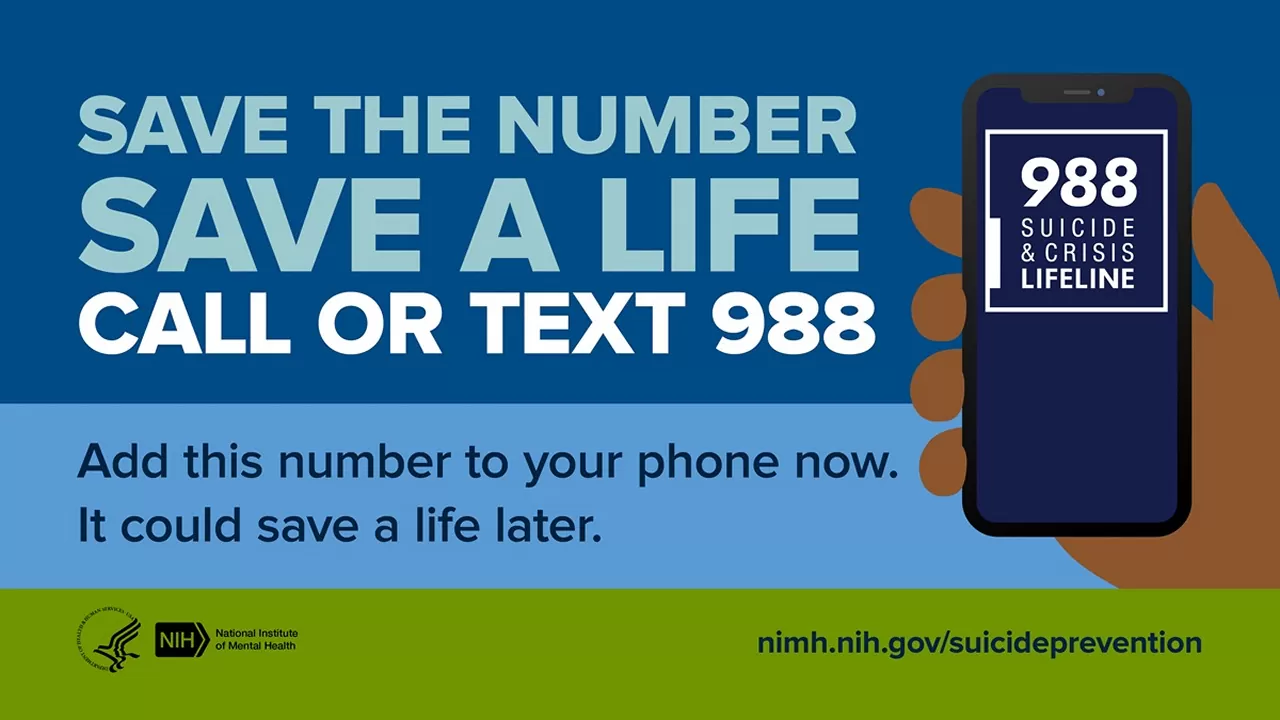
The Lifeline for Attempt Survivors website carries stories from survivors who have made it through their darkest hours.
5 Ways To Overcome Suicidal Thoughts
You are not alone, even if it feels that way right now. No matter how hard things are, your life matters. People care about you and value you; still, your life is worth living for your own hopes, goals, and the support you deserve.
1. Don’t Believe Your Suicidal Thoughts
First, don’t agree with or act on what your suicidal thoughts tell you. Your thoughts are most likely lying to you.
Don’t believe everything you think. Having thoughts of self-harm is not your fault — it’s probably a “sick agent” in your brain creating those thoughts.
- Suicidal thoughts are most likely symptoms of an underlying issue like depression, which is treatable.
- Sometimes, suicidal thoughts can be a response to chronic abuse, mistreatment, or trolling.

Tell yourself, “I make a positive difference in someone’s life that I may not know of. Someone out there feels better because of me.”
If you’re thinking about harming yourself, tell someone you trust and seek professional or emergency help right away.
- Reach out to a friend, relative, family member, neighbor, or even someone you see passing by. Tell them about your thoughts and ask them to take you to a medical doctor or a therapist clinic.
- Call the self-harm prevention helpline in your country or a mental health helpline. Seek help right away, despite any hesitation, whatever the cause.
You don’t have to do it alone. Reach out.
- Speaking up when suicidal is not attention seeking.
- Having mental health issues does not make you weak, flawed, or insane.
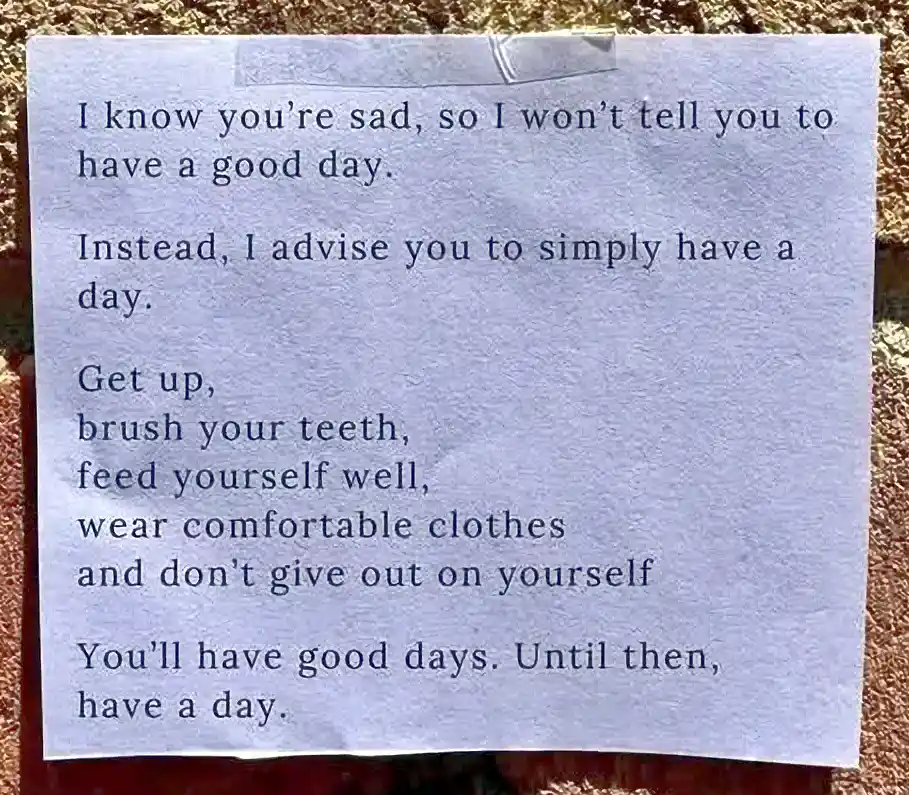
2. Give Yourself Positive Affirmations
Positive affirmations are statements of coping that help you go through a rough day, make you more resilient, and give you courage to ask for help.
Say to yourself many times a day:
“I am focusing on one day at a time. I am creating the support I need to stay strong, one day at a time.”
Or this:
That’s my depression talking, not me. I’m under a chemical imbalance in my brain that is distorting my reality. I will stay strong to go out and seek help.
Or this:
I just need to persist and be strong enough to seek support, and I’ll get through this.
Or this:
This is just a temporary crisis. I will overcome it and have a meaningful life. Some of our finest and strongest have lived through these dark and hopeless situations — I too can.
Coping Skills Now
- Paced breathing: inhale 4 seconds, exhale 6 seconds, continue 2–3 minutes.
- 5-4-3-2-1 grounding: 5 things you see, 4 things you touch, 3 you hear, 2 you smell, 1 you taste.
- Urge-surfing: notice the urge, label it, delay action for 3 minutes, repeat until it peaks and falls.
- Opposite action: do one small action that matches values, such as a brief walk, call, shower, or simple meal.
Promise yourself every day that you will not do anything that could be life-threatening.
3. Stay Away From Negative People
Stay away from people who abuse, mistreatment, or troll you. Avoid anyone who triggers or worsens your condition, speaks negatively, or brings you down.
Block and document harmful messages, and prioritize your safety by removing those people from your life and devices.
Reject people who belittle or criticize your actions, appearance, or achievements. Seek out those who understand your vulnerability and create a safe, welcoming environment.
If anyone encourages you to self-harm, tell a trusted person and seek professional help immediately.
4. Means-Safety and Substances
Restrict access to the most lethal means before and during high‑risk periods. It buys time and lowers risk.
- Substances: Avoid alcohol and non‑prescribed drugs; remove or lock up alcohol at home; review prescribed sedatives or intoxicants with your doctor.
- Firearms: Store unloaded with a lock and separate the ammunition; consider off‑site storage with a trusted person or law enforcement where permissible; document who holds the key or code.
- Medications: Keep only small, supervised quantities; use a lockbox; discard excess or expired meds via pharmacy take‑back; ask prescribers about safer blister packs or reduced fills during crises.
- Pesticides and toxic agents: Move them out of living areas; lock away concentrates; clearly label and inventory; pause purchase or use during crisis periods.
- Ropes, cords, and sharp objects: Remove or secure items identified in the safety plan; set up crisis‑only storage that requires a second person for access.
- Environmental barriers: Add practical barriers where feasible, such as window guards, balcony locks, restricted roof access, and covered wells or water tanks.
- Supervision and roles: Designate a support person to help maintain these safeguards and to check that restrictions are in place during elevated risk.
Keep your home safe for yourself. Unsuccessful self-harm attempts may result in worse situations.
5. Take Proper Medications
Suicidal thoughts are mostly a symptom of an underlying mental illness. You need to be or stay on proper prescription medication if you are harboring suicidal thoughts.
Follow the medication regimen prescribed by your doctor. Please don’t hesitate to ask them for advice when in doubt.
Do not stop your medications unless asked by your doctor.
Talk to your doctor in case you are feeling uneasy with the medications or not getting the expected results.
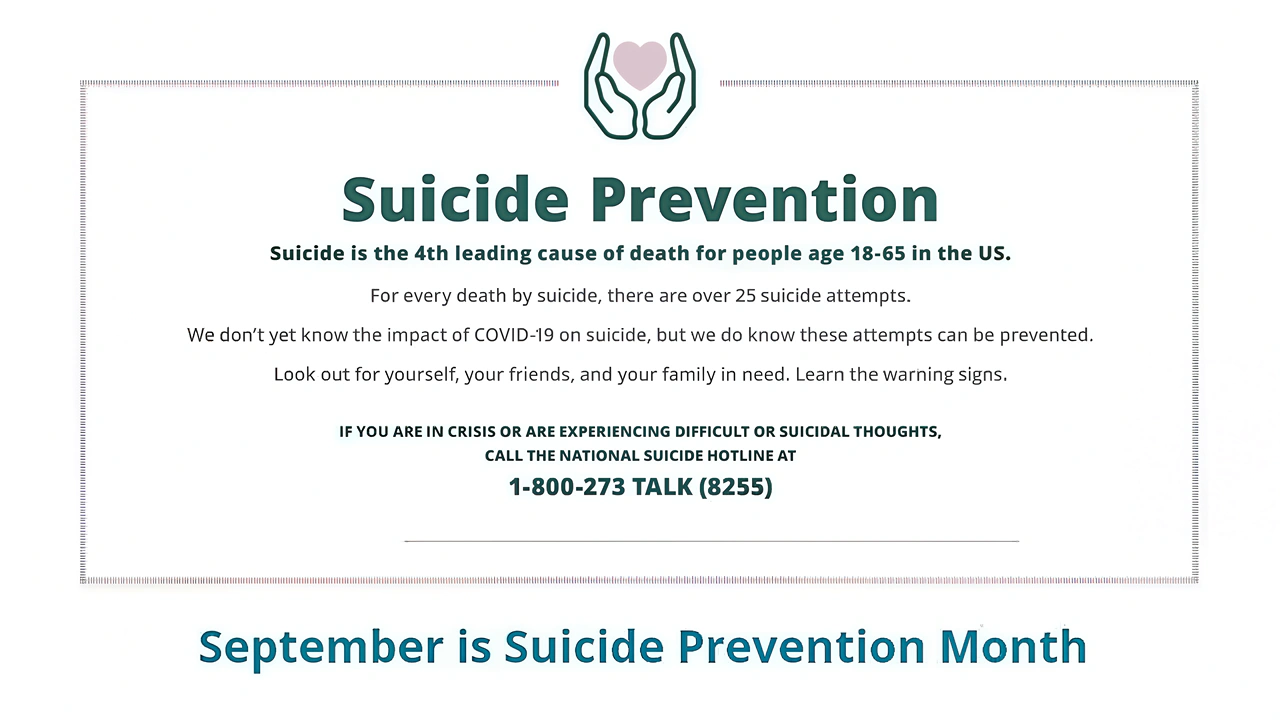
How You Can Save Lives
- Each of us can help prevent self-harm and save precious lives.
- Suicide is a public health issue. And it’s also the most preventable form of death in society.
- Suicide is not a criminal act. Many countries have decriminalized it. India decriminalized attempted self-harm by presumption of severe stress under the Mental Healthcare Act 2017; abetment remains punishable.
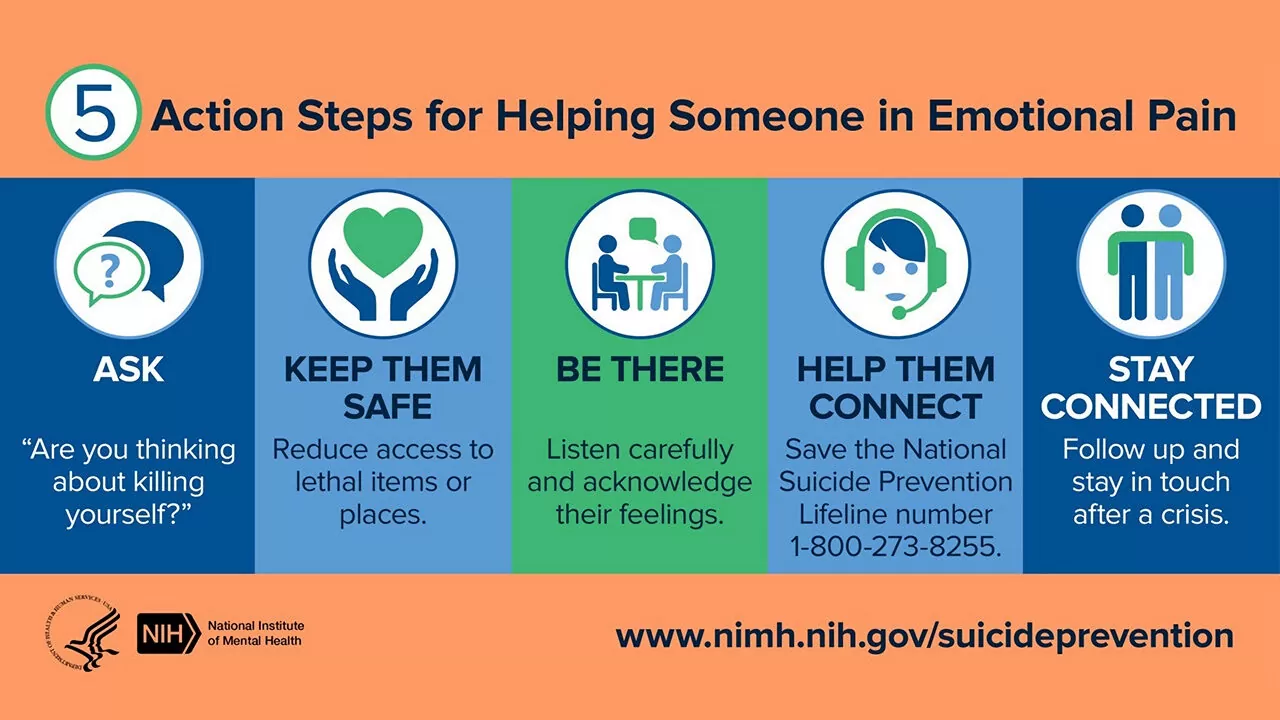
What To Do When Someone You Know Is Considering Suicide?
- Find an appropriate time and a quiet place to talk about self-harm with the person you are worried about. Let them know that you are there to listen.
- Encourage the person to seek help from a professional, such as a doctor, mental health professional, counselor, or social worker. Offer to accompany them to an appointment.
- If you think the person is in immediate danger, do not leave him or her alone. Seek professional help from the emergency services, a crisis line, or a health-care professional, or turn to family members.
- If the person you are worried about lives with you, ensure that he or she does not have access to means of self-harm (for example, pesticides, firearms, or medication) in the home.
- Stay in touch to check how the person is doing.

How To Build Your Suicide Prevention Helpfulness?
1. Volunteer for a Suicide Prevention helpline.
Suicide Prevention helplines are often run by dedicated volunteers. Find out your city’s helpline and ask them how you can join in their efforts.
2. Do a Gatekeeper training course.
Do a Gatekeeper Training course if you are a teacher, community leader, police officer, social worker, HR staff, or manager. It will help you identify people at risk, and refer them for treatment.
3. Do responsible media reporting.
Be a citizen journalist, and help the media become responsible in reporting self-harms.
Evidence shows that 1-2% of self-harms can be related to media reporting, which means if there are 800,000 people a year dying by self-harm, media reporting can prevent 8,000 to 16,000 of these deaths.
Advice for media:
- Avoid detailed descriptions of the self-harm method, sensationalism, glamorizing, or oversimplification.
- Attempt to self-harm is not a crime, and self-harm stories must not be reported as a crime.
- Do not use the terms “successful,” “unsuccessful,” or a “failed attempt”.
- Destigmatize self-harm and provide information on where to seek help.
- Use ‘died by self-harm’, ‘took their own life’, ‘ended their own life’.
Read the WHO guidelines on Media Reporting of Suicides.
4. Help decrease family violence and the harmful use of alcohol.
One-third of self-harms are associated with interpersonal or family violence, and alcohol is implicated in another one-third of cases.
Individuals with suicidal thoughts often turn to alcohol, and alcohol increases suicidal thoughts. Suicides can be reduced by decreasing family violence and the harmful use of alcohol.
5. Spread the word that depression is treatable.
Make people aware that depression is treatable. Spread the message that affected people can make a full recovery & live fulfilling lives.
If you know someone who is depressed, encourage them to seek treatment.
6. Help increase awareness that self-harms are preventable
Suicides are preventable. Download WHO’s Community Engagement Toolkit on Preventing Suicide (World Health Organization).
Stop being fatalistic about self-harm.
7. Encourage local self-harm prevention strategy.
Encourage your area’s legislative representatives to push for a local self-harm prevention strategy.
Being there can save someone’s life.
Myths About Suicide
1. Talking About Suicide
Myth 1: Talking about self-harm is a bad idea, as it may be seen as encouragement. — FALSE.
TRUTH: Rather than encouraging self-harm, talking openly helps prevent self-harm. Talking about self-harm reduces the risk. We must all join hands to remove the taboo around discussing self-harm and its prevention.
2. Suicidal Thoughts
Myth 2: A person who is suicidal is determined to die. — FALSE.
TRUTH: Suicidal people, on the other hand, are frequently ambivalent about dying. Providing emotional support at the right time can help prevent self-harm.
3. Warnings of Self-Harm
Myth 3: Most self-harms happen without warning. — FALSE.
TRUTH: Most self-harms are preceded by warning signs, either verbal or behavioral. Many will talk to friends & relatives or doctors about wanting to die. Don’t ignore the red flags—it can save someone’s life. Avoid describing an act of self-harm as “inexplicable” or “without warning.”
4. Seriousness of Self-Harm Intent
Myth 4: People who talk about self-harm do not mean to do it. — FALSE.
TRUTH: People who talk about self-harm may be reaching out for help or support. They may feel there is no other option. You can help. Sit down. Listen to them. Offer help. You will save a life. Tell them you are available to listen to them and invite them to talk.
5. Permanent Tendency of Self-Harm
Myth 5: Once someone is suicidal, they will always remain suicidal. — FALSE.
TRUTH: Suicidal thoughts are not permanent. They are usually short-term and situation-specific. Many people who have suicidal thoughts and attempts go on to have long lives if they receive support at the right time.
6. Only Mentally Unwell People Are Suicide-Prone
Myth 6: Only people with mental illness are suicidal. — FALSE.
TRUTH: People with mental illness are not always suicidal, and those who die by self-harm may not always have a mental illness. U.S. NVDRS surveillance identified a known mental health condition for about 46% of self-harm decedents from 2003 to 2020. In the 2021 report, 31.4% had a documented history of mental health or substance use treatment, and 22.9% were receiving treatment at the time of death (Nguyen, Lyons, & Forsberg, 2024).
Final Words
Finally, change your language around this serious issue: Don’t use self-harm as a metaphor or out of context.
Teach others how to talk about it. Help destigmatize mental illnesses like depression, so that more people feel comfortable seeking treatment. Tell anyone going through a hard time that they don’t have to fight alone.
Ask for help from family, friends, and experts when you’re having trouble overcoming life struggles on your own.
Download and complete a Safety Plan today; share it with one trusted person.
No information in this post/site is a substitute for professional medical advice. Please reach out to mental health experts and professionals dealing with mental health issues.
- For the USA, the National Suicide Prevention Helpline (by U.S. Substance Abuse and Mental Health Services Administration and Vibrant Emotional Health): Suicide & Crisis Lifeline and 1-800-273-8255.
- For India, here is the Suicide Prevention Helpline Directory: www.aasra.info/helpline.html
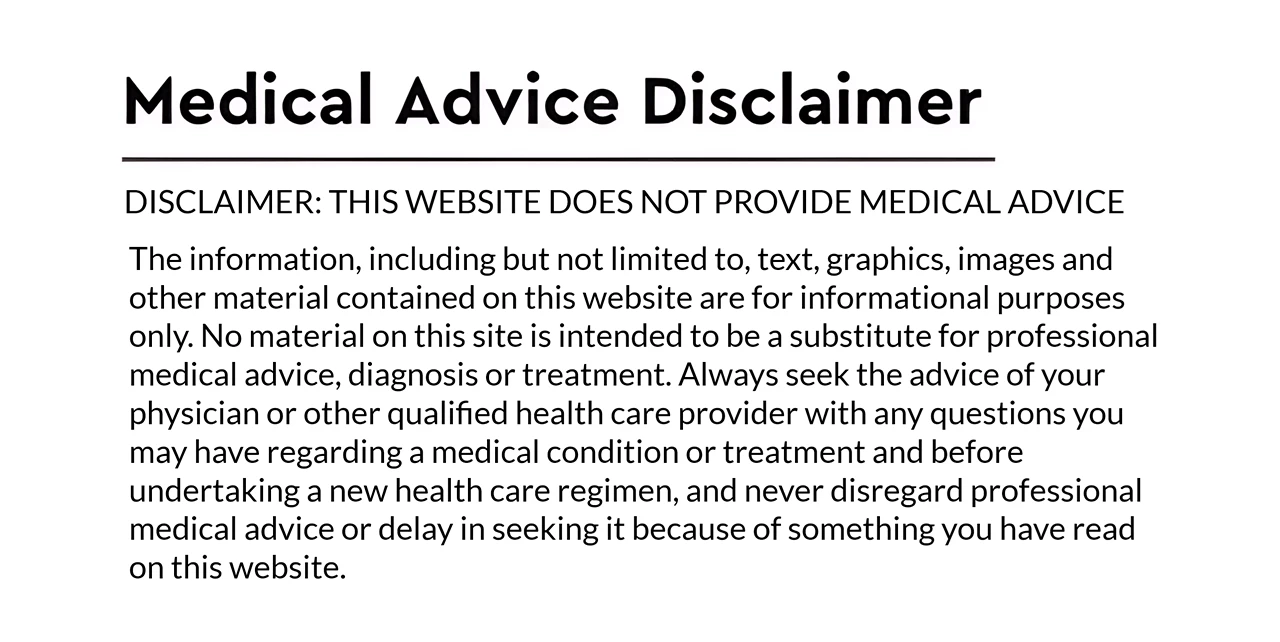
• • •
√ Please spread the word and help prevent self-harm.
» You deserve happiness! Choosing therapy could be your best decision.
...
• Disclosure: Buying via our links earns us a small commission.
